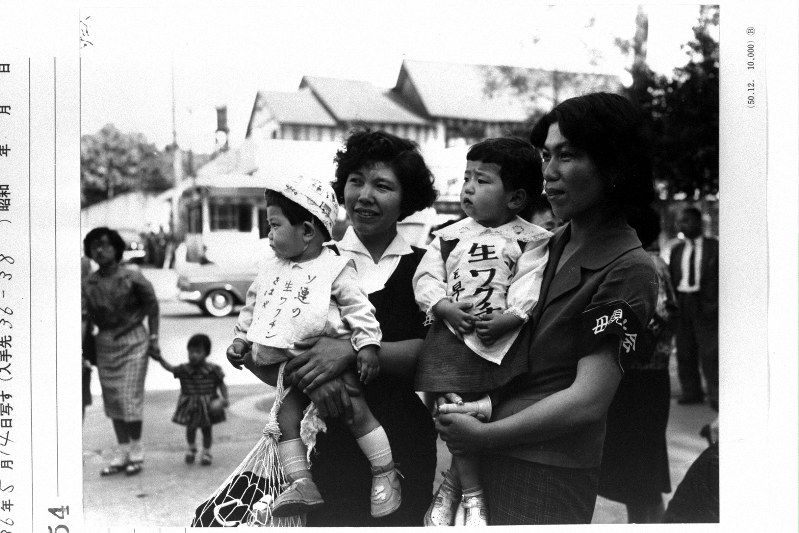
In the summer of 1961, Japan was again hit by the polio epidemic. Pfizer’s vaccines were still at a development stage and Japan was yet to manufacture domestic products in a sufficient quantity. Although the Soviet Union was producing children’s oral vaccines, experts were not convinced of the quality. Then Japanese mothers took it upon themselves to push for a solution. They lobbied the authorities and politicians. Eventually the health minister decided to import Soviet products to vaccinate 10 million children, and Canadian vaccines for 3 million. The result was a huge success; infection declined dramatically with few adverse events reported. One may wonder why the Soviet Union, the major supplier, handled quality control so effectively. I do not believe it has anything to with their SOP. It is because Russians love their children.
1961年の夏、日本はポリオの大流行が懸念されていた。しかしファイザーのワクチンはまだ開発段階であり、国内ワクチンは十分な供給能力がなかった。ソ連に子供用経口ワクチンがあることは知られていたが専門家はその品質に確信が持てないでいた。そこで動いたのが母親たちである。彼女らは当局と政治家に直接ワクチンの供給を求めて働きかけ、その結果、厚生大臣がソ連製ワクチンを1000万人分、カナダ製ワクチンを300万人分緊急輸入して接種することを決断した。結果は大成功であった。感染は劇的に低下し、副作用はほとんど報告されていない。しかし、主要供給元のソ連がどのようにしてそれだけの量の品質をコントロールできたのだろうか。その答はソ連のマニュアルにはないと思う。ロシア人にとり子供はとても大事だったのだ。